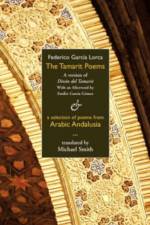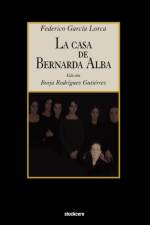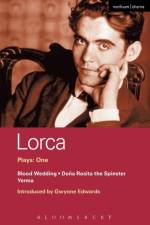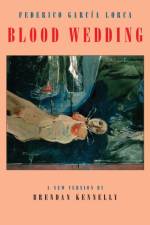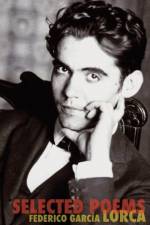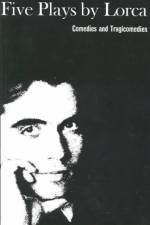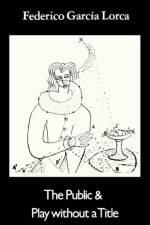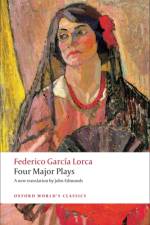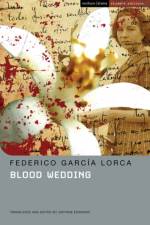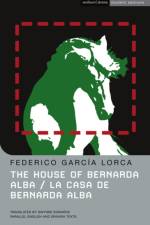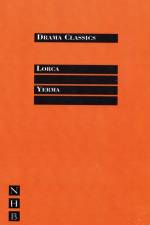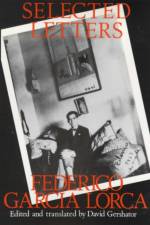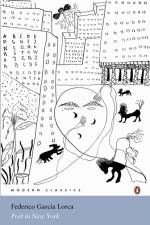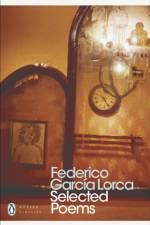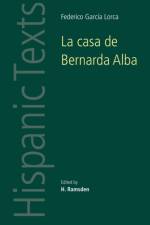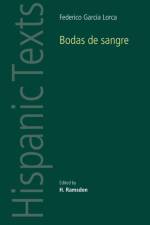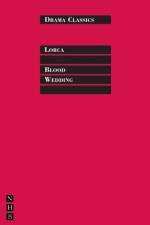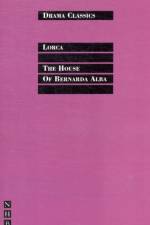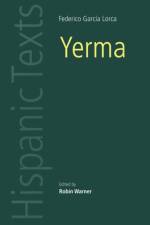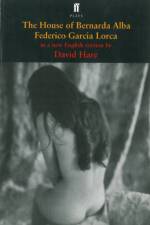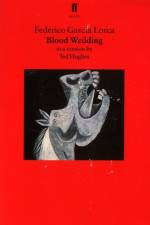av Federico Garcia Lorca
171
Federico Garcia Lorca called The Public "the best thing I've written for the theater." Yet, he acknowledged, "this is for the theater years from now." Now, half a century later, The Public and another of Lorca's most daring works, Play without a Title, are available in English translation for the first time. Surrealism, folk theater, poetry, vivid costumes, black humor--in the The Public, dramatic traditions are ransacked to develop themes as timely in the 1980s as they were taboo when Lorca was writing: if Romeo were a man of thirty and Juliet a boy of fifteen, would their passion be any less authentic? No, says a young observer of the play within the play, "I who climb the mountain twice each day and, when I finish studying, tend an enormous herd of bulls that I've got to struggle with and overpower at every instant, I don't have time to think about whether Juliet's a man or a woman or a child, but only to observe that I like her with such a joyous desire." In both The Public and Play without a Title, the player himself is of as much consequence as the role he plays. The fierce, stark Play without a Title, with its cast of Author, Prompter, Stagehand in the wings, and hecklers in the gallery, clearly heralds developments in today's avant-garde theater. It also reflects the violence of the times in which it was written. As Carlos Bauer notes in his introduction, neither of the plays in this volume was complete in 1936, when Lorca was assassinated by Franco's forces. Still, both have here the unity and grace of finished tours de force.

